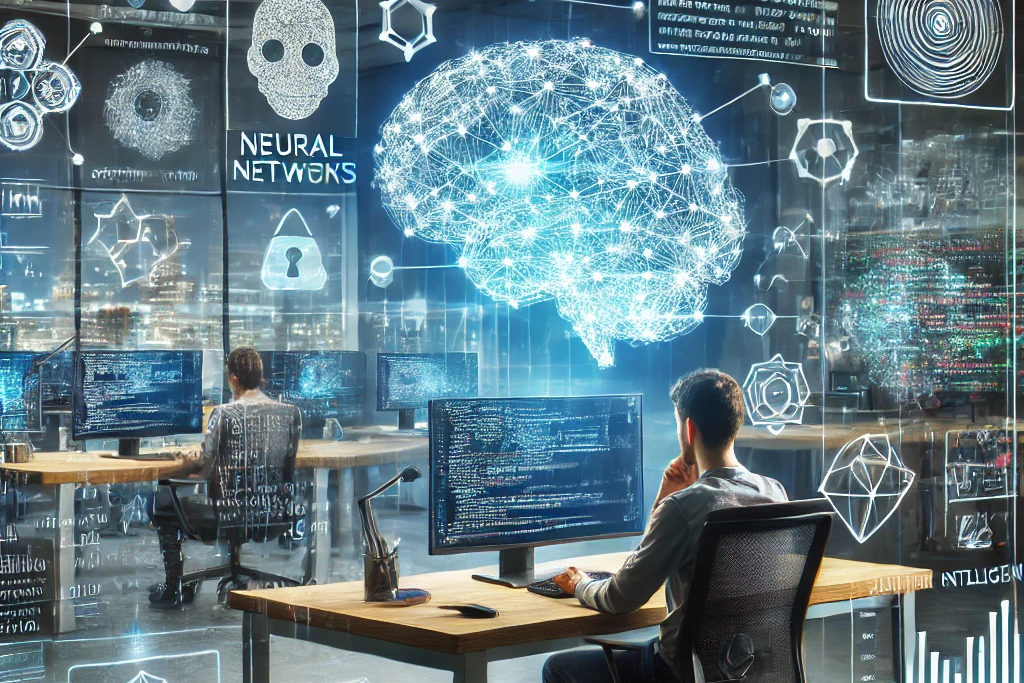This is the time when you find a turning point in the software development process with AI and ML easily involved. Once deemed futuristic concepts, these technologies are today considered indispensable tools in enabling efficiency and innovation in the industry. AI in software meets the growing appetite for scalable, adaptable, and high-performance solutions.
Traditional software development routines follow ready-made patterns, labor-intensive testing practices, and raise big operational challenges when it comes down to personalizing user experiences. All these circumstances tend to cripple progress and productivity.
Every developer runs into difficulties when it comes to debugging and testing. For instance: detecting bugs or inconsistencies manually has always been time-consuming and prone to error. Plus, creating personalized user experiences, at scale remains an extremely arduous task; more often than not requiring heavy usage of both time and resources.
AI now stands up to all these challenges that have been faced by development tools. For instance, GitHub Copilot uses ML algorithms to help the developer in code drafting, bug detection, etc. An automation does lower the development time but maximizes accuracy. Likewise, AI testing tools lean on predictive analytics and historical data to shorten tests and run them real time. For instance, Applitools has used ML for detecting visual bugs that would have taken an hour or several hours of effort to detect by hand.
The real-life examples also reckon the story about AI. It actually happens that Netflix utilities machine learning capabilities to drive its recommendation engine by learning a user’s behavior and providing personalized content to such a user. This leads to a much-increased engagement among viewers and much higher customer satisfaction. Similar to the recent advances in ML development, Spotify curates playlists of music that match such preferences respectively.
AI in software improves operational efficiency. DevOps teams presently use ML-powered monitoring platforms that are designed to automatically detect performance aberrations and anticipate server downtimes. A recent study published by Gartner observed that such monitoring, enabled by AI, may realize a system failure reduction rate of about 60%, thus working back to boost efficiency.
The Rise of AI/ML in Software Development
